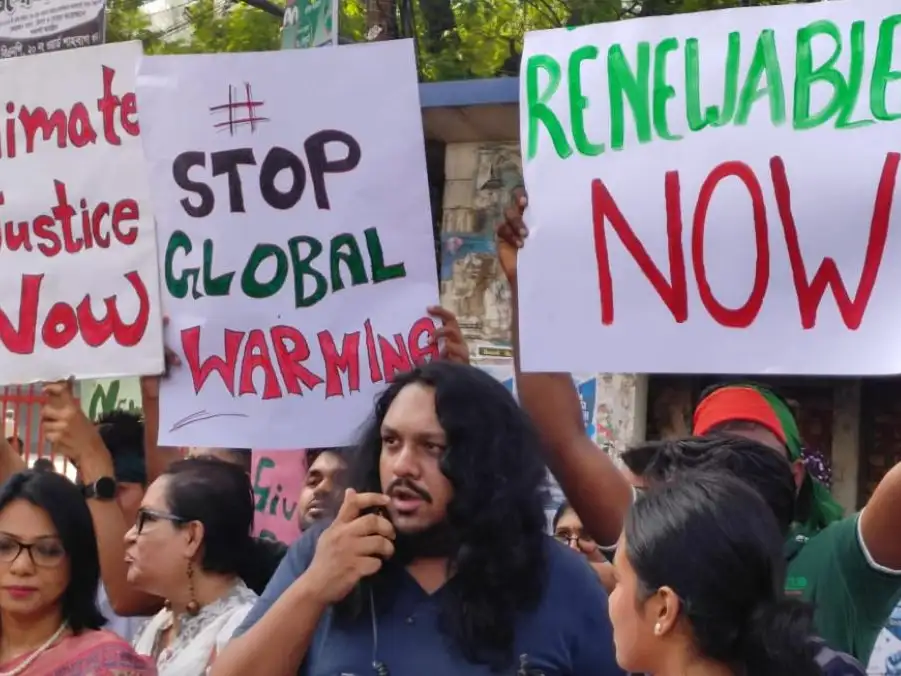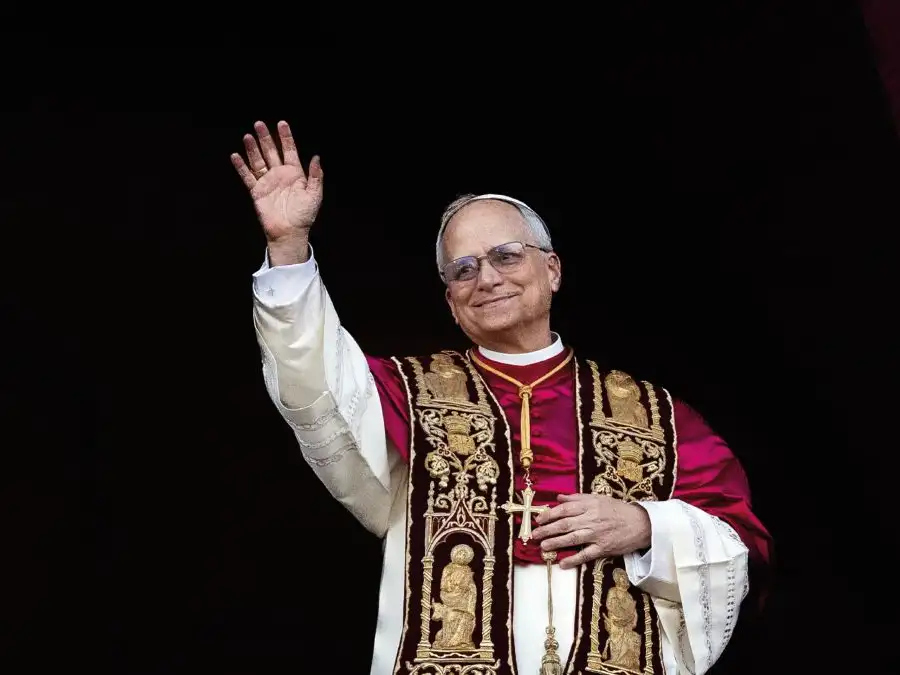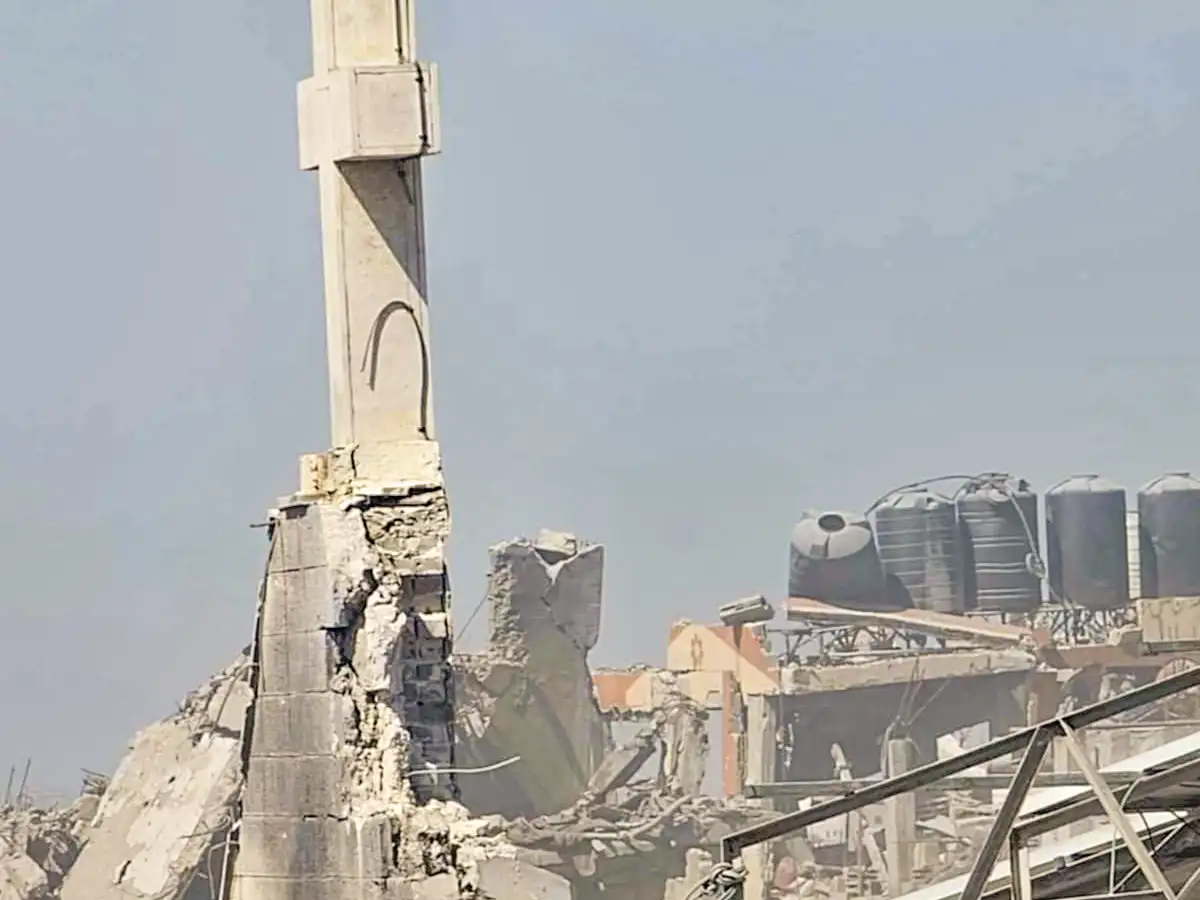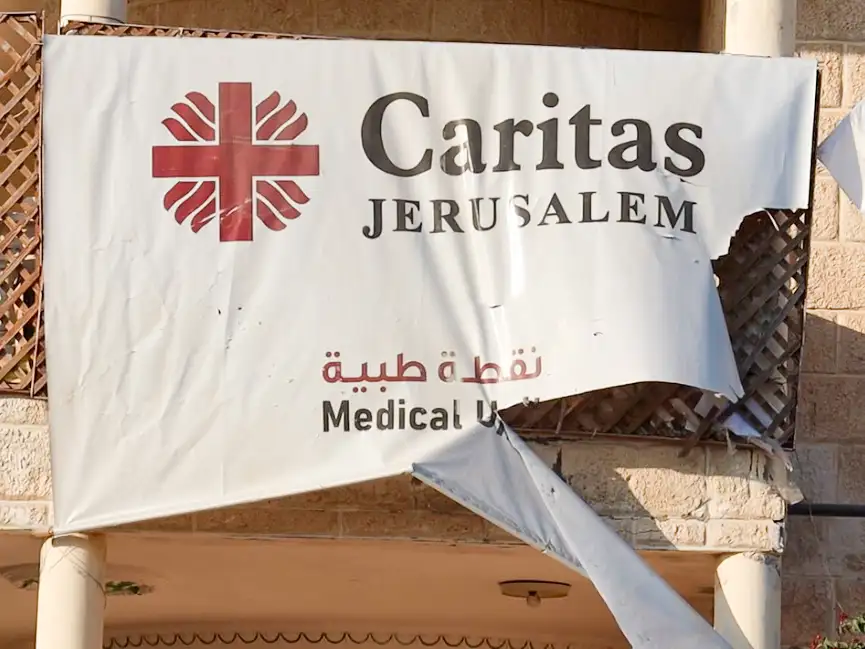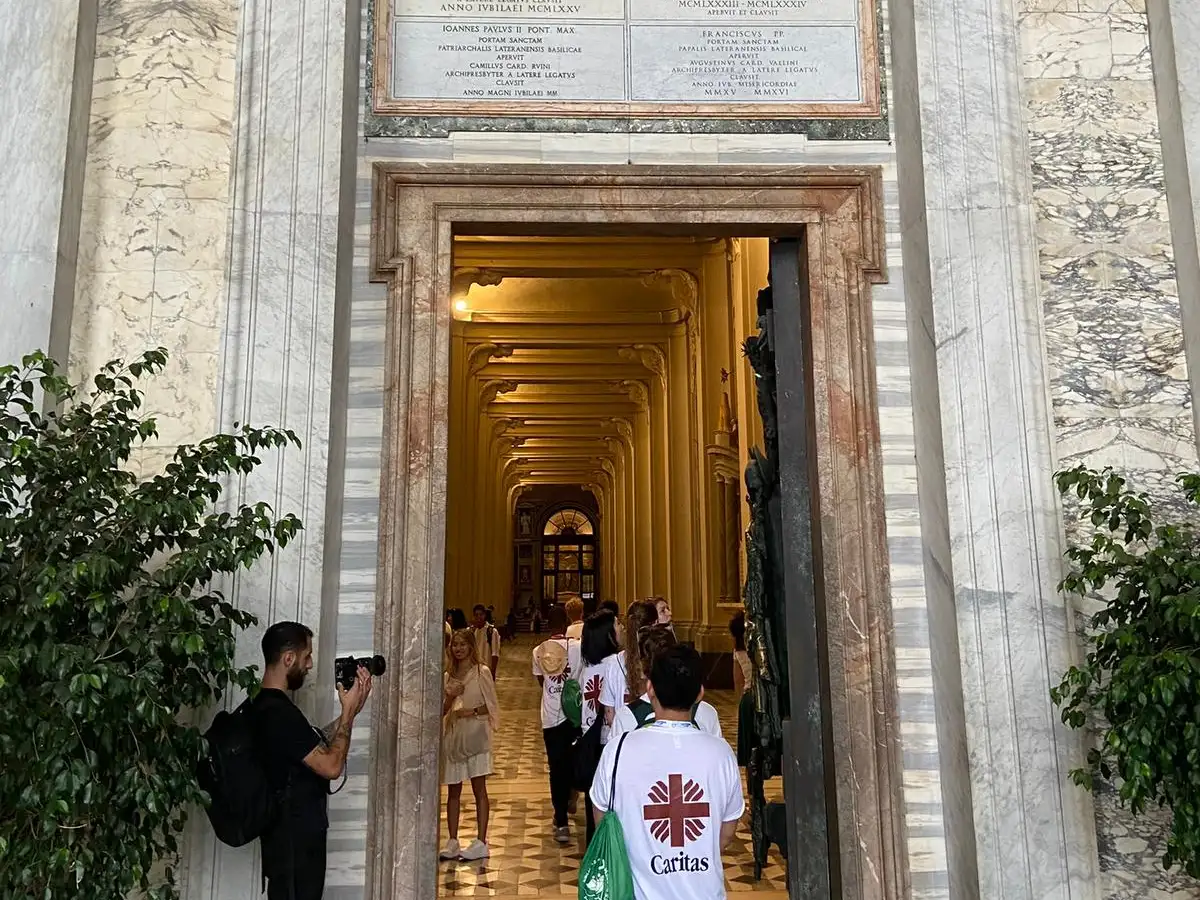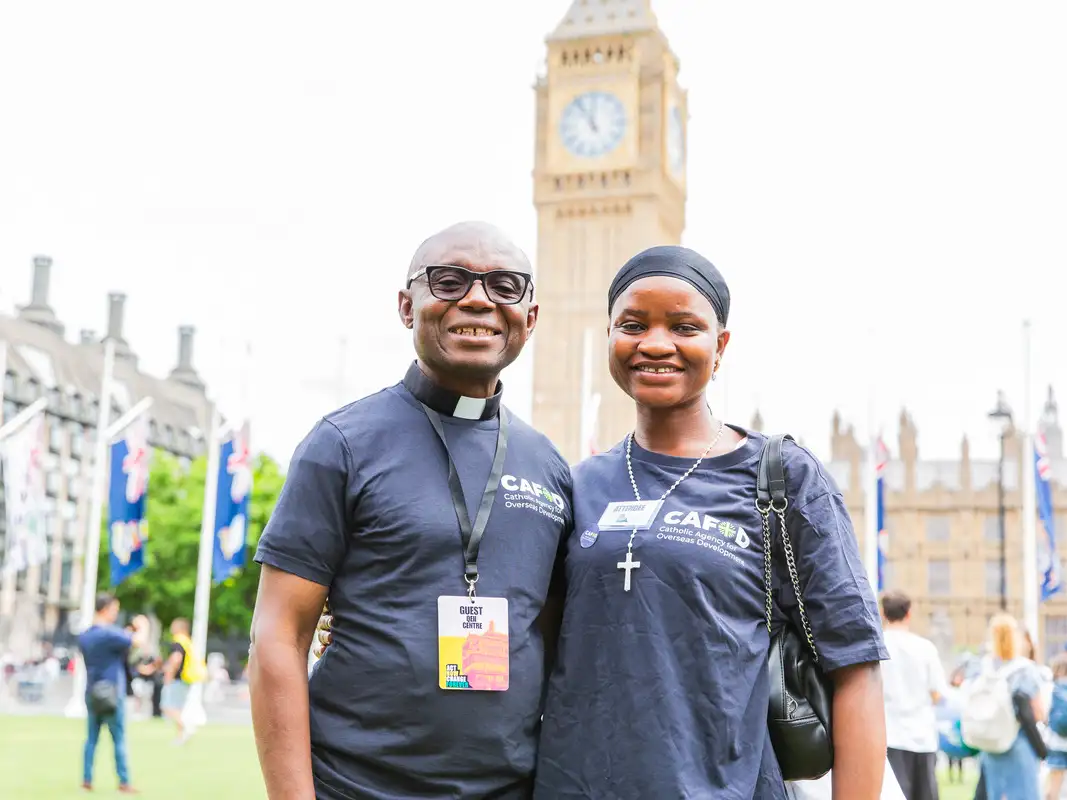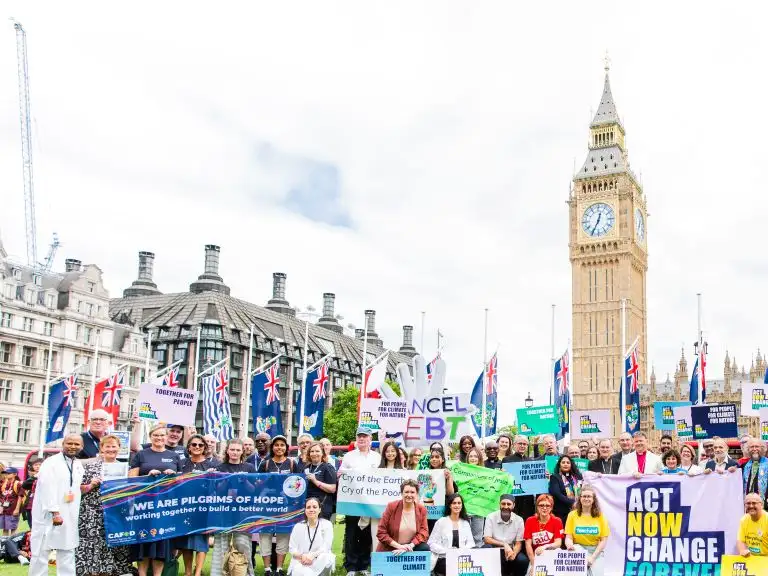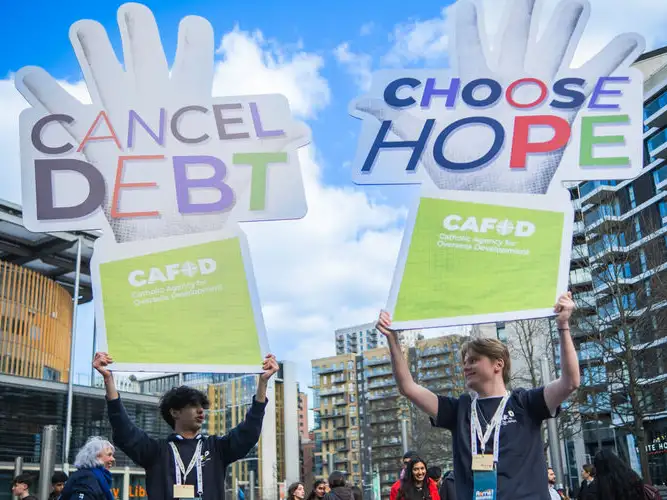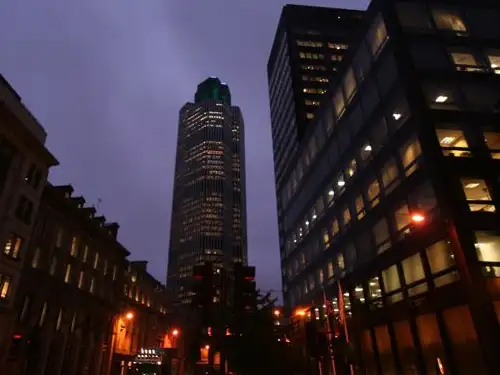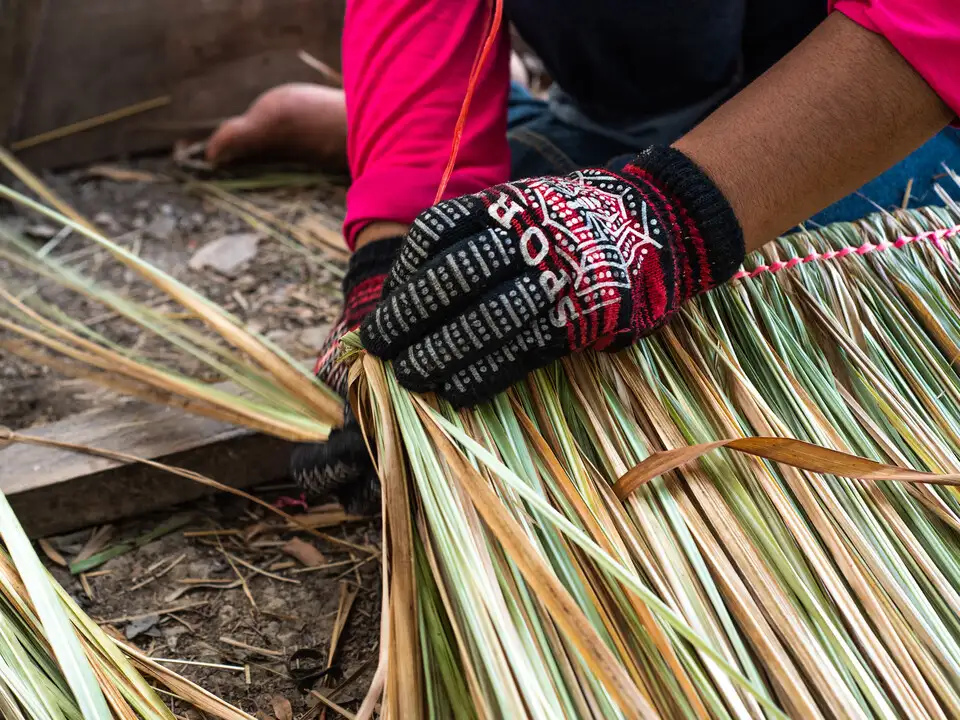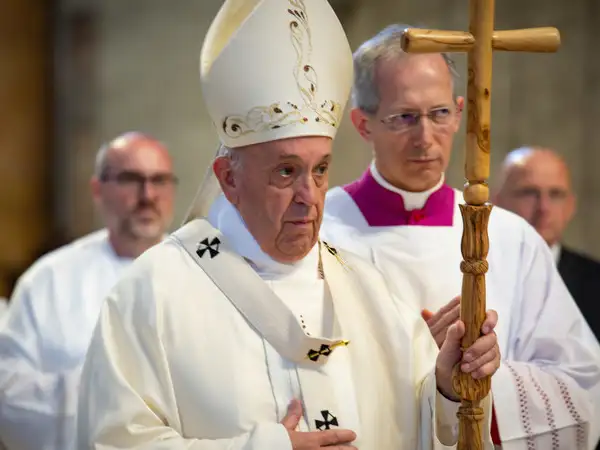

Pope Francis said countries must work together to tackle the climate crisis in his address to COP26
Pope Francis has declared there is “no time to waste” to prevent the climate crisis devastating the lives of “countless people” in vulnerable communities worldwide.
The Holy Father warned in a message to the COP26 climate summit that “too many of our brothers and sisters are suffering” and that leaders had to “acknowledge how far we remain from achieving the goals set for tackling climate change”.
The message, which was delivered in Glasgow on behalf of the Pope by the Vatican’s Secretary of State, Cardinal Pietro Parolin, urged leaders at the COP to work together and take “necessary decisions” rather than delaying action further.
Pope: Debt owed to people on frontline of crisis and younger generations
The Pope said an “ecological debt” is owed to people in communities hardest hit by the crisis, arguing the debt be paid by big emitters ending the use of polluting energy and by providing financial support to poorer countries, including by cancelling financial debts.
Francis also appealed for negotiators at the COP to provide young people with “reasons for hope and trust in the future” for “the planet we choose to leave to them.”
The Pope’s message at the COP followed an appeal broadcast to world leaders days before the start of the talks on BBC Radio 4’s Thought for the Day.
Voices of those on frontline of crisis ‘must be heard at COP26’
CAFOD Director Christine Allen noted the “central role” Pope Francis has played in raising the ambition of world leaders, “challenging them to turn what seems impossible into possible with his publication of Laudato Si’ – a global call for action to better care for the planet and its most vulnerable communities.”
Allen said:
“In Glasgow, over the coming days, world leaders have no choice but to work together to avoid the worst of all nightmares.
“We know that those on the frontline of the climate crisis have come to have their voices heard at COP26. This isn’t about having answers provided by G20 countries after years of handwringing, this is about world leaders listening to those with the lived experience and expertise and elevating them so their voices can be heard.
“Catholics and other faith communities across England and Wales and our partners in the global south join the Pope in demanding sweeping ambition from COP26. There can be no excuses in reaching net-zero carbon emissions, holding global temperatures to 1.5 degrees and providing adequate financing for vulnerable communities.
“We cannot afford any more empty promises. The time is now.”
Read how CAFOD supporters answered Pope Francis's call to action
CAFOD supporters add voices to Pope's message
Hundreds of CAFOD supporters took part in marches in Glasgow, London and around the UK on 6 November to add their voices to the Pope's message and call for action from COP26.
See some of the photos from the 'Global Day of Action':


